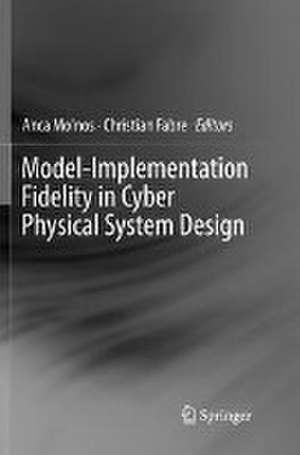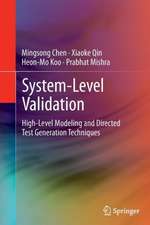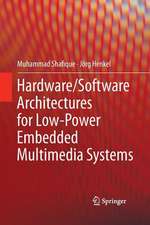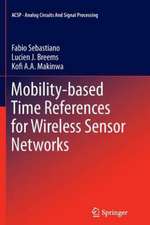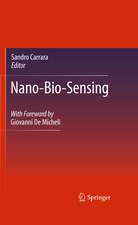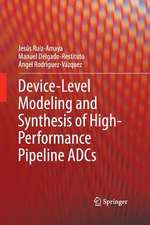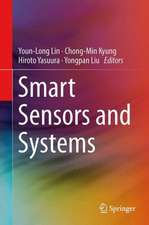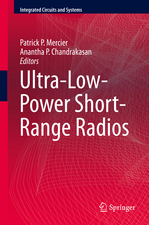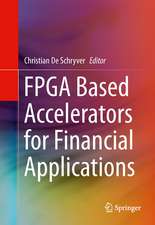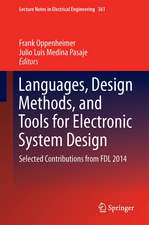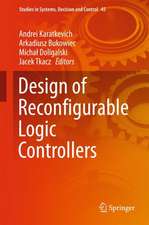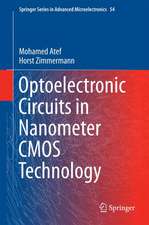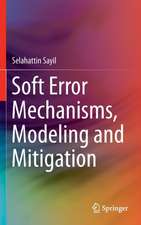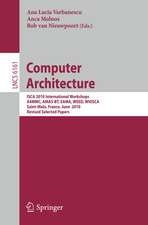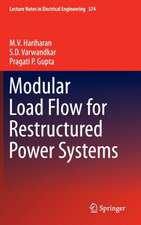Model-Implementation Fidelity in Cyber Physical System Design
Editat de Anca Molnos, Christian Fabreen Limba Engleză Paperback – 5 iul 2018
| Toate formatele și edițiile | Preț | Express |
|---|---|---|
| Paperback (1) | 638.11 lei 43-57 zile | |
| Springer International Publishing – 5 iul 2018 | 638.11 lei 43-57 zile | |
| Hardback (1) | 644.30 lei 43-57 zile | |
| Springer International Publishing – 16 dec 2016 | 644.30 lei 43-57 zile |
Preț: 638.11 lei
Preț vechi: 750.72 lei
-15% Nou
122.14€ • 132.72$ • 102.66£
Carte tipărită la comandă
Livrare economică 21 aprilie-05 mai
Specificații
ISBN-10: 3319837052
Ilustrații: XII, 236 p. 126 illus., 87 illus. in color.
Dimensiuni: 155 x 235 mm
Greutate: 0.35 kg
Ediția:Softcover reprint of the original 1st ed. 2017
Editura: Springer International Publishing
Colecția Springer
Locul publicării:Cham, Switzerland
Cuprins
Notă biografică
Textul de pe ultima copertă
- Addresses CPS design problems such as cross-application interference, parsimonious modeling, and trustful code production
- Describes solutions, suchas simulation for extra-functional properties, extension of coding techniques, model-driven development, resource driven modeling, and quantitative and qualitative verification, based on statistics and formal proofs
- Applies techniques to several CPS design challenges, such as mixed criticality, communication protocols, and computing platform simulation
Caracteristici
Descriere
This book puts in focus various techniques for checking modeling fidelity of Cyber Physical Systems (CPS), with respect to the physical world they represent. The authors' present modeling and analysis techniques representing different communities, from very different angles, discuss their possible interactions, and discuss the commonalities and differences between their practices. Coverage includes model driven development, resource-driven development, statistical analysis, proofs of simulator implementation, compiler construction, power/temperature modeling of digital devices, high-level performance analysis, and code/device certification. Several industrial contexts are covered, including modeling of computing and communication, proof architectures models and statistical based validation techniques.
